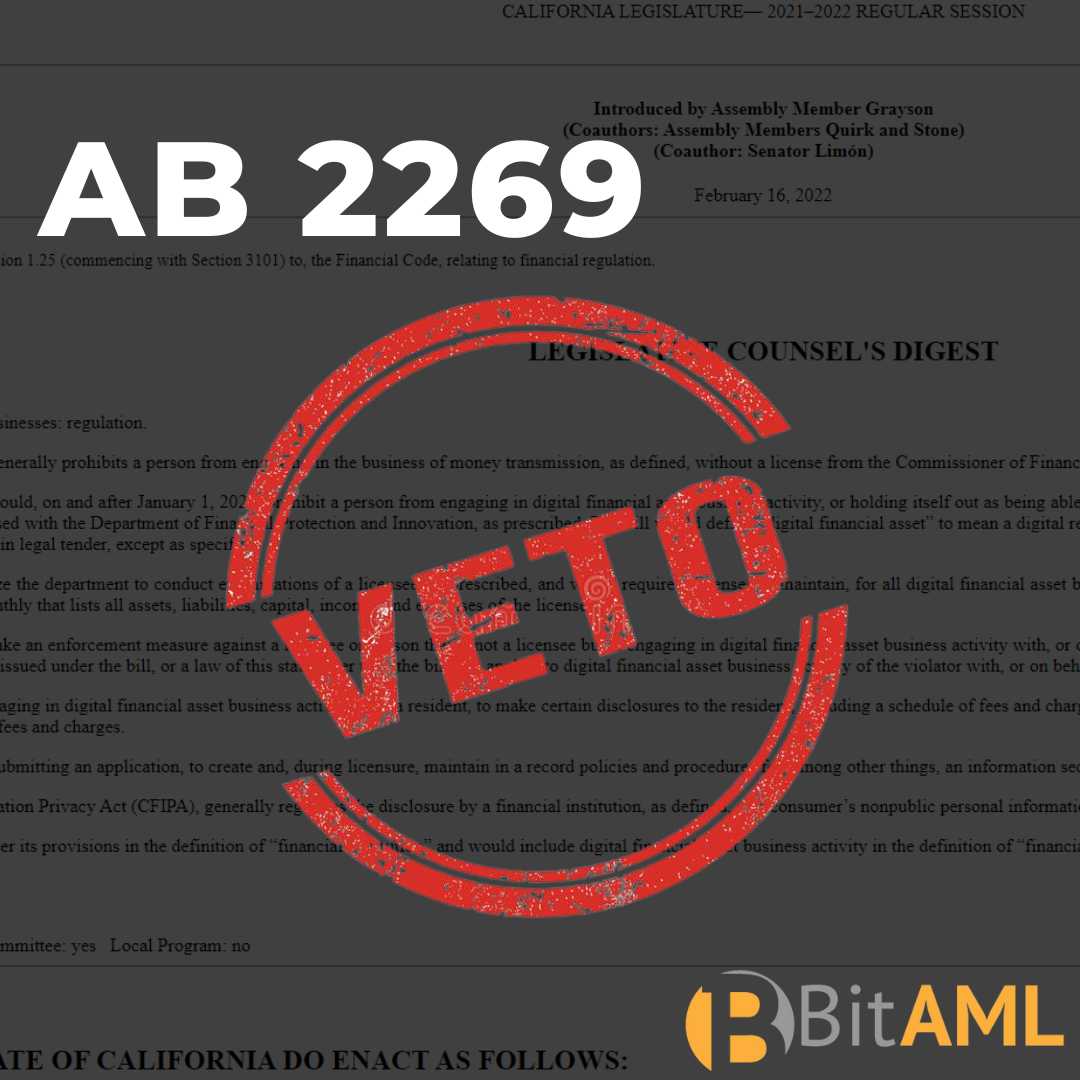The United States and countries around the world regulate commerce and finance in an effort to create safe, fair, and competitive markets. In other words, regulation isn’t new, and it’s not restricted to cryptocurrency. Stocks, commodities, and government currency are each regulated by specific government agencies and departments in the U.S.
What makes cryptocurrency regulations and enforcement in the U.S. different is that instead of a sole regulatory group, there are many, and they each issue piecemeal regulations that fail to address crypto as a holistic entity.
Thus it should be no surprise that the U.S. lacks clear, cohesive regulations for crypto.
Why? Because for years, regulators have been trying to fit cryptocurrency into old models and tools that weren’t built for it.
You can’t fit a square peg in a round hole no matter how hard you try.
Today, regulators around the world are ramping up their efforts in the crypto space, which includes new rules from the Financial Action Task Force (FATF), pending updates to IRS policies related to crypto, regulation changes coming in France, and a proposed bill in India that would send anyone who mines, holds, or trades crypto to jail for 10 years.
Bottom-line, cryptocurrency regulation won’t go away. In fact, it’s likely more cryptocurrency regulations and enforcement in the U.S. are coming.
The question is whether or not those new regulations will be effective without stifling crypto growth.
What Do Regulators Want?
There is a perception that regulators want to stop the cryptocurrency industry completely. This perception is flawed. It might sound surprising, but in reality, crypto regulators aren’t the bad guys.
Regulators are publicly-accountable groups tasked with protecting consumers. Their goal is to develop laws that keep people safe.
Remember, cryptocurrency was developed to create new opportunities, but new opportunities come with new risks. And as those new opportunities become more popular, bad apples will look for ways to exploit the opportunities for their own gain.
Statistics show that money-laundering, fraud, and terrorist financing are happening frequently through cryptocurrency transactions. Unfortunately, these are the stories people hear on the news, and until the perception of cryptocurrency changes, there won’t be broad acceptance or broad institutional investments.
Crypto businesses need regulators to ensure the legitimate players have the ability to grow.
In other words, regulators and businesses want the same thing – a safe, fair, competitive market.
The gap between regulators and businesses comes from implementation, not the end goal.
Key U.S. Regulators
In the U.S., crypto money services businesses (MSBs) are required to adhere to regulations from state and federal agencies. At the federal level, three key crypto regulators are:
- U.S. Securities and Exchange Commission (SEC): Responsible for regulating securities, including initial coin offerings (ICOs).
- Internal Revenue Service (IRS): Responsible for examining the fitness of MSBs’ anti-money laundering (AML) programs.
- Financial Crimes Enforcement Network (FinCEN): Responsible for anti-money laundering enforcement and Bank Secrecy Act (BSA) compliance.
You can learn more about these regulators in our Cryptocompliance 101 series: Here Are The Regulators Every Crypto MSB Needs To Know.
Why Crypto Businesses and Regulators Don’t Always Get Along
The problem facing the future of cryptocurrency is that friction has developed between crypto businesses and regulators, and clear, actionable conversations aren’t always happening when they should be.
Most federal agencies are developing and enforcing regulations using antiquated methods built decades before the Internet existed. In many cases, regulators have used a Band-Aid approach to cobble together requirements without consulting with industry professionals.
As a result, crypto businesses are confused and view regulations as overreaching, burdensome, cost-prohibitive, or in some cases, technologically impossible. In fact, regulators are probably even more confused than crypto entrepreneurs.
However, when valid research reveals that 80% of ICOs are fake, and data shows that $1.2 billion was stolen in crypto theft, scams, and crime during the first quarter of 2019 alone, it’s clear that regulations are needed. Without them, the legitimate businesses doing good in the crypto space will only be able to innovate and grow so far.
The right regulations can improve innovation and growth and weed out the bad apples.
What’s the Solution?
Today, we stand at a crossroads where cryptocurrency participants and regulators need to find common ground.
Some argue that without effective regulation, the U.S. will fall behind other countries in cryptocurrency innovation. Therefore, it’s critical that the crypto community works with regulators to fix the regulatory problems and position the U.S. as a leader in cryptocurrency.
The first step is to agree that a new path must be forged. Crypto regulations shouldn’t look the same as what’s been used in the past.
Second, the new rules must be clear and reasonable to execute. If regulations aren’t clear, businesses will be afraid to innovate for fear of fines and jail time, and investors and consumers will continue to be wary of cryptocurrency. And if regulations are cost-prohibitive, more people will move their transactions off of legitimate platforms.
The third step is collaboration, cooperation, and communication. Regulators and the crypto community must work closely together to develop laws that keep all players safe while allowing the market to thrive.
And finally, self-governance and compliance are essential. Every crypto business needs to develop a comprehensive BSA/AML compliance program to demonstrate to regulators that there are many legitimate participants in the crypto community.
Key Takeaways for Crypto MSBs
Crypto businesses shouldn’t view regulation as a bad thing. Regulators are human, and are required to regulate markets in order to keep people safe and the transactions fair. But there is a huge knowledge gap that has resulted in confusion and harm.
The solution is communication.
Working together is the best path forward.
Unclear, ambiguous regulations and reactionary policy should encourage the crypto community to join the discussion and advise on regulations that will shape the future of cryptocurrency in the U.S. At the same time, crypto businesses should do everything they can to self-regulate through effective compliance policies and procedures.
Schedule a free consultation to make sure your institution’s compliance is adhering to the BSA and other relevant, evolving requirements of regulators.



